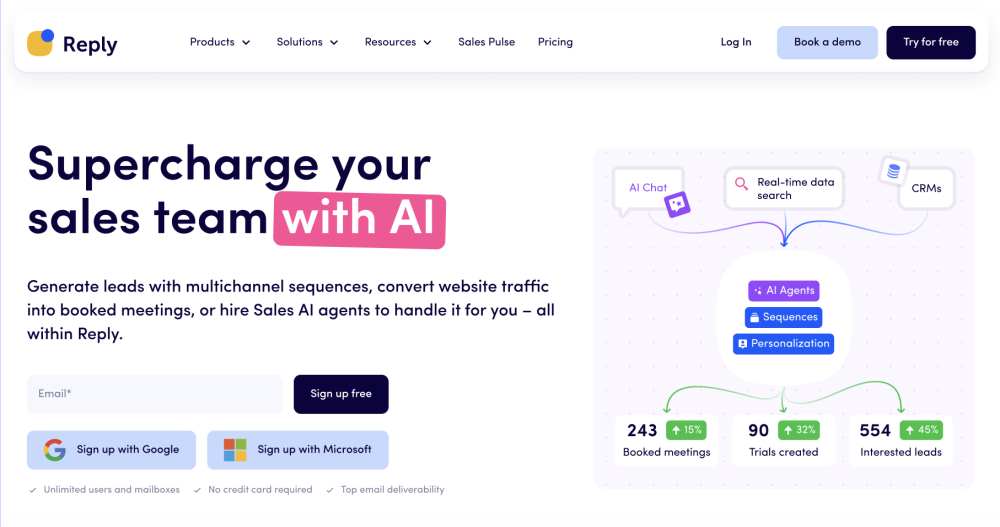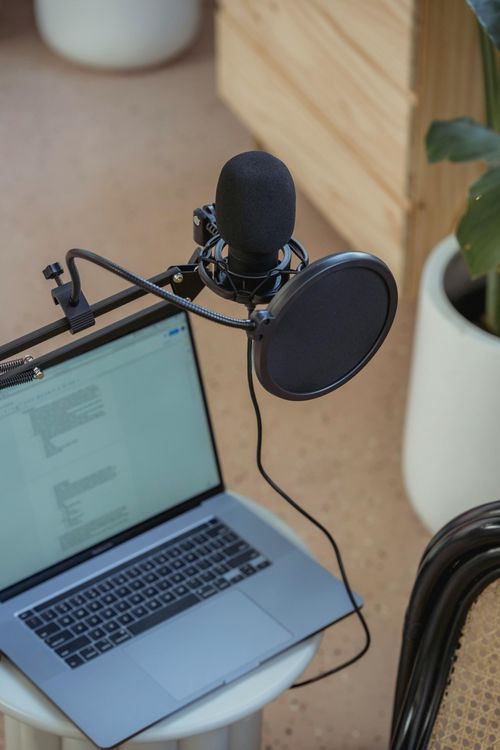In late 2017, three entrepreneurs — Abhinav Das, Aditya Bhatia, and Akash Bansal — recognized a critical challenge in furniture manufacturing. The final steps of building furniture, particularly painting and sanding, proved to be not only time-consuming but also costly. While assembly can be completed in just a few hours, painting and sanding can take weeks, often making automation impractical with traditional robotics.
To address this issue, Das, Bhatia, and Bansal co-founded Orangewood Labs, a company focused on developing a remotely operated robotic arm specifically designed for painting furniture. As a participant in Y Combinator’s Winter 2018 cohort, Orangewood recently secured $4.5 million in a funding round led by Y Combinator, with additional investments from 7percent Ventures, Schox Ventures, VentureSouq, KSK Angel Fund, and several angel investors.
Entering the robotics market is no easy feat, given the high costs associated with hardware. In 2022, several notable robotics startups, including Chowbotics — a food tech company owned by DoorDash — and Fifth Season, a Carnegie Mellon University spinout, ceased operations. However, Orangewood, headquartered in San Francisco, is taking a more sustainable approach than its competitors. The founders emphasize the use of more affordable components compared to traditional robotic manufacturers, allowing Orangewood to offer a price point attractive to small and medium-sized businesses.
“Our belief is that the market remains vast, with many opportunities still unexplored by robotics companies,” the trio shared in an email interview. “Our robots empower small enterprises to thrive.”
Orangewood also highlights the comprehensive programmability of its robotic arms as a significant advantage. The startup developed RoboGPT, an innovative platform that enables users — from roboticists to factory floor employees — to program the robotic arm using text or voice commands. RoboGPT is designed to be adaptive, continuously learning and adjusting to its surroundings.
With RoboGPT now launched, Orangewood aims to expand its robotics application beyond furniture assembly into areas like quality inspection, powder coating, and sorting packaged goods.
“Traditional robotic arms have been challenging to program, which dissuades many small businesses from adopting them,” Das, Bhatia, and Bansal explained. “In most cases, any environmental change necessitates reprogramming. For instance, switching from picking a red triangle to a blue square requires time-consuming adjustments. We are changing that with RoboGPT.”
Can Orangewood's innovations help it distinguish itself in a competitive landscape, especially when compared to other robotic arm startups like Ally? While it's too soon to provide a definitive answer, the company has already established a sizeable workforce — 50 employees, both full-time and contract — and has made 500 deployments of its robotic arm. Its committed revenue stands at a promising $750,000.
“For decision-makers in technology, deploying our solution is easier due to our flexible financing options, making it simpler to convince management of its benefits,” Das, Bhatia, and Bansal stated. “The pandemic has accelerated our prospective clients' awareness of the urgent need for automation and the importance of faster response times, as well as localized supply chains.”
Thanks to recent funding and a debt financing line, Orangewood asserts it will not require additional working capital for at least a year. Nevertheless, the company is actively pursuing another equity raise between $6 million and $7 million to meet backorders, enhance its service and spare parts network, and expand manufacturing capabilities.





